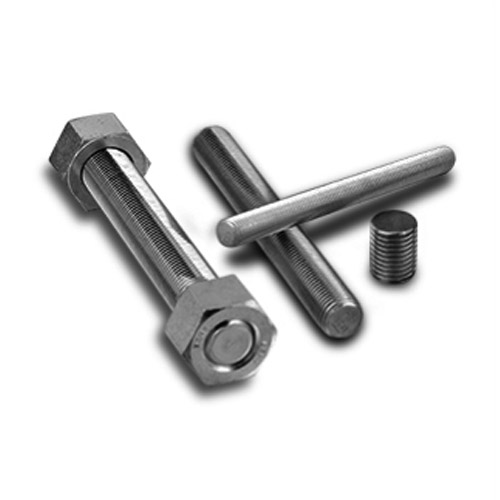gasoline transfer hose
دېكابىر . 05, 2024 14:22 Back to list
gasoline transfer hose
The Importance of Gasoline Transfer Hoses in Fuel Management
Gasoline transfer hoses are essential components in the fuel management system, playing a crucial role in the safe and efficient transfer of gasoline from one location to another. Whether it’s at a gas station, a fuel depot, or even in private fuel storage facilities, these hoses ensure that the fuel is moved seamlessly while minimizing risks associated with fuel transfer.
Understanding Gasoline Transfer Hoses
A gasoline transfer hose is specifically designed to handle volatile substances like gasoline. These hoses are made from highly durable materials, often featuring a combination of synthetic rubber, plastic, and other compounds that resist the corrosive effects of gasoline. The design of these hoses includes various features to enhance their performance, including reinforced walls for increased pressure tolerance and flexibility, as well as resistance to UV rays, ozone, and abrasion.
Key Features and Materials
When selecting a gasoline transfer hose, several key features should be considered. Firstly, fuel compatibility is paramount. The hose must be able to withstand exposure to gasoline without degrading over time. Common materials used for gasoline transfer hoses include nitrile rubber (NBR), which offers excellent resistance to fuel and wear, and polyethylene, known for its lightweight and flexible properties.
Moreover, the inner diameter of the hose impacts flow rates. Hoses come in various sizes, and selecting the right diameter is crucial in ensuring efficient fuel transfer. A hose that is too narrow may cause slow transfer rates, while one that is too wide may lead to inconsistent flow and increased risk of spillage.
Safety Considerations
gasoline transfer hose

Safety is a primary concern when transferring gasoline. A major hazard associated with fuel transfer is the risk of spillage, which can lead to environmental pollution and fire hazards. High-quality gasoline transfer hoses are designed with safety features such as static electricity dissipation to prevent sparks during transfer. Additionally, many hoses include built-in check valves to prevent backflow, further reducing the risk of spills.
It’s also important to ensure that the hoses are properly maintained. Regular inspections for wear and tear, leaks, or any signs of damage can help prevent accidents. Users should also be trained in safe handling practices to ensure that gasoline transfer procedures are followed correctly, minimizing risks associated with fuel management.
Applications of Gasoline Transfer Hoses
Gasoline transfer hoses are used in a variety of applications. At gas stations, they enable the safe dispensing of fuel into vehicles. In agricultural settings, these hoses are often used to refuel machinery and equipment. Fuel depots utilize transfer hoses for transferring gasoline between storage tanks and delivery trucks. Moreover, in emergency situations, portable gasoline transfer hoses are invaluable for delivering fuel to generators and other critical equipment.
Environmental Impact and Regulatory Compliance
With increasing environmental regulations surrounding fuel handling and transfer, the importance of using high-quality gasoline transfer hoses cannot be overstated. These hoses not only need to meet safety standards but also comply with environmental regulations to minimize spills and pollution. Many manufacturers are now producing hoses that are not only effective but are also designed with environmentally friendly materials.
Conclusion
In conclusion, gasoline transfer hoses are integral to the safe and efficient transfer of fuel across various applications. Their design, material composition, and safety features are crucial in ensuring that gasoline is managed properly, minimizing risks to people and the environment. As the importance of safety and environmental compliance continues to grow, investing in high-quality gasoline transfer hoses will be essential for anyone involved in fuel management. Whether for commercial, industrial, or personal use, understanding the significance of these hoses is key to successful fuel operations.
